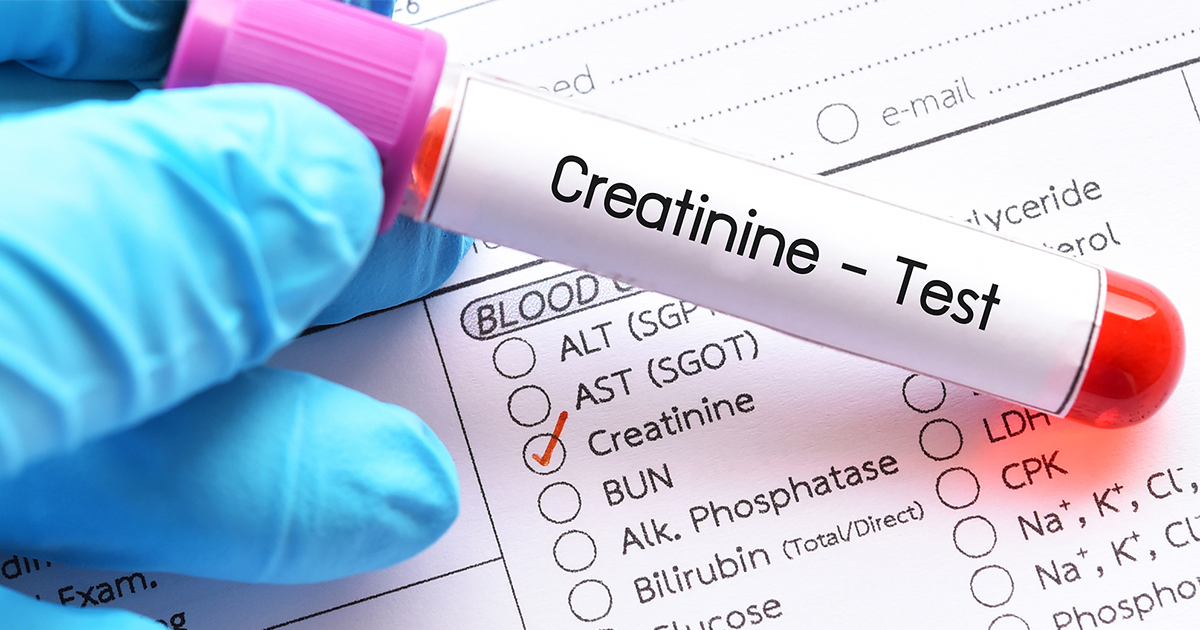Understanding creatinine and kidney function

"Can doctors know how well my kidney is functioning by simply looking at my creatinine level in blood?" That's properly a common question to ask. In short, the answer is no. Today, we will go through what creatinine is and how it is linked with kidney function.
Creatinine is a waste product produced when creatine, a molecule that provides energy to the muscles, is broken down. Creatinine is then eliminated from the body through the kidneys. When the kidneys are functioning properly, creatinine is filtered out of the blood and eliminated from the body through urine. However, when the kidneys are not working properly, creatinine levels in the blood can rise, indicating decreased kidney function.
While blood creatinine levels are commonly used to assess kidney function, it is not the best or only way to do so. Age, gender, muscle mass, and certain medications can affect creatinine levels. Additionally, early stages of kidney issues may not be detected by changes in creatinine levels alone. Therefore, it is important to use other tests to measure kidney function, such as estimated glomerular filtration rate (eGFR), urine albumin-to-creatinine ratio, and creatinine clearance test.
eGFR is a blood test that best assesses kidney function. We have another article covered on this topic, so we will not go into the details here.
Albumin-to-creatinine ratio (ACR) is a urine test that measures the amount of protein, specifically albumin, in the urine in relation to the amount of creatinine. Anything above 30mg/g may indicate kidney issues, even if the eGFR number is normal.
Creatinine clearance measures how well the kidneys filter creatinine out of the blood. It is a more accurate indicator of kidney function than just measuring creatinine levels in the blood. Creatinine clearance is calculated by measuring the amount of creatinine in the urine over a specified period of time, usually 24 hours, along with a blood test to measure creatinine levels in the blood.
Takeaway
creatinine is a waste product the muscles produce and eliminates through the kidneys. Using other tests to measure the most accurate kidney function is important.
- * All research and clinical data should be used as reference purposes only, results may vary.




